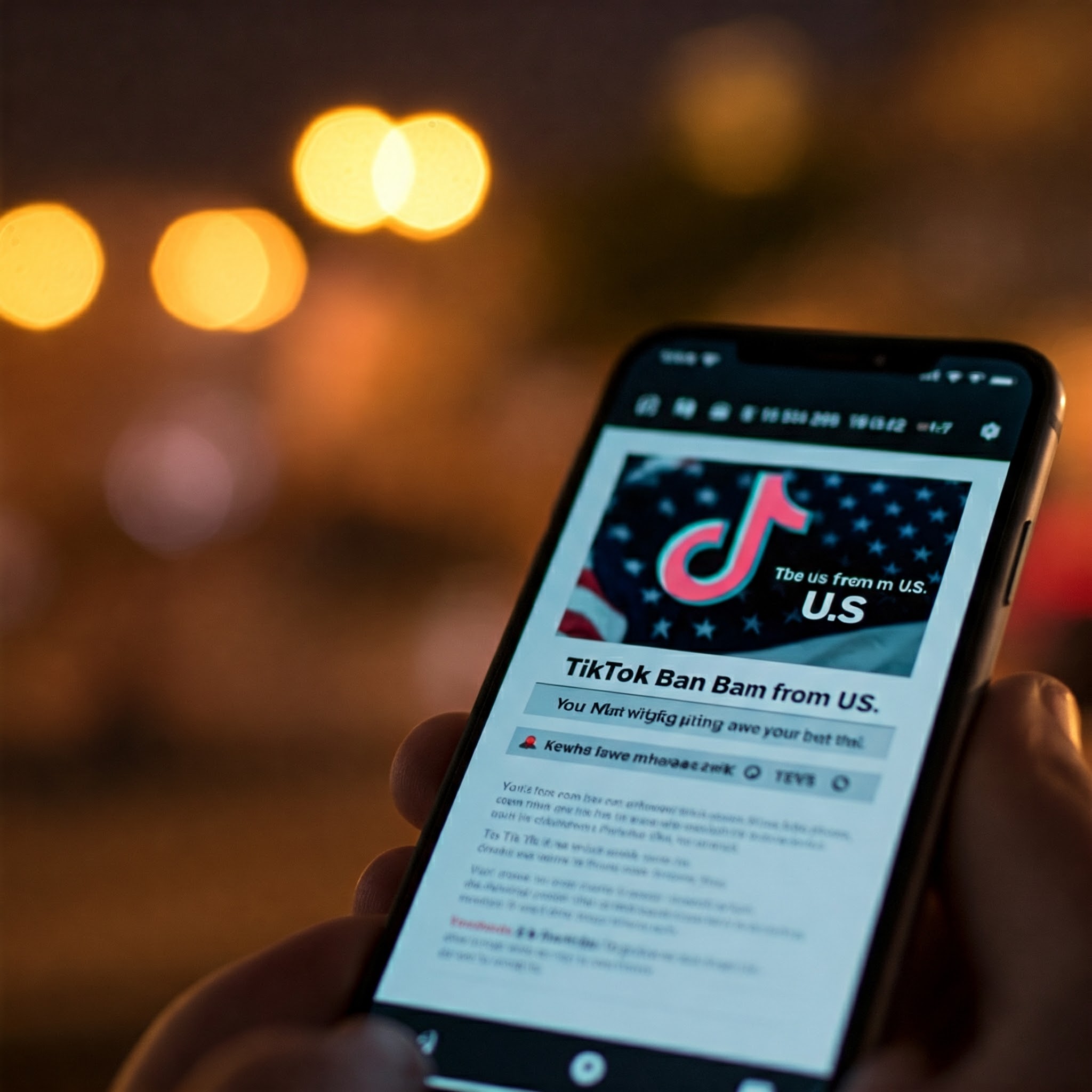
San Jose, CA – The arrest of Chenguang Gong, a 57-year-old engineer, on charges of stealing classified missile tracking technology has sent shockwaves through the tech community and sparked heated debates about national security, intellectual property rights, and the potential for whistleblower retaliation.
Gong, a Chinese national, allegedly downloaded sensitive information from his employer, a defense contractor, onto personal devices without authorization. The technology in question is considered crucial for detecting and tracking nuclear missiles, raising concerns about potential breaches in national security.
However, some experts believe the case may not be as clear-cut as it seems. They raise questions about whether Gong intended to sell the technology or expose potential flaws within the system, acting as a whistleblower.
Possible Whistleblower Motive:
- Gong had previously raised concerns about the technology’s effectiveness internally, alleging vulnerabilities that could be exploited. These concerns were reportedly dismissed by his employer.
- Some experts argue that downloading the information could be seen as an attempt to gather evidence to support his claims, not necessarily to steal the technology itself.
Espionage Concerns Remain:
- The Justice Department emphasizes the seriousness of the charges, highlighting Gong’s previous attempt to share classified information with the Chinese government.
- Authorities suspect Gong may have intended to sell the technology or assist China in developing their own missile tracking capabilities, posing a significant national security threat.
The Legal and Ethical Labyrinth:
- The case raises complex questions about the boundaries between protecting trade secrets and safeguarding national security.
- It also highlights the ethical dilemma faced by employees who witness potential wrongdoing within their companies. Should they report internally, risking retaliation, or take matters into their own hands, potentially violating the law?
Uncertain Future:
- Gong’s trial will likely shed more light on his true intentions and the specific nature of the technology involved.
- The outcome of the case could have significant implications for the future of whistleblower protections, national security measures, and intellectual property rights within the defense industry.
This case goes beyond a simple theft accusation, igniting a crucial conversation about balancing national security, ethical obligations, and the rights of individuals within the complex landscape of classified information.
Note: This article is purely speculative and does not claim to represent the true intentions of Chenguang Gong or the full details of the case. It aims to provide additional context and highlight the various interpretations surrounding this complex issue.










Be the first to comment